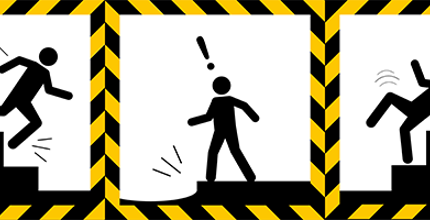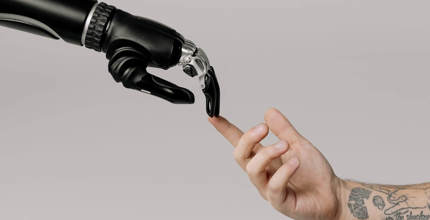Will Automation Replace Electricians? A Comprehensive Look

The rise of artificial intelligence (AI) and automation has sparked quite a chatty debate about the future of numerous professions. We're seeing groundbreaking changes from manufacturing to healthcare. But how will this impact hardworking electricians? Are they destined to be replaced by bots, or is automation simply going to change the way they go about their day-to-day duties?
Let's take a deep dive into this electrifying topic, looking at the current state of automation in the electrical industry, its impact on electricians, and what the future may hold.
The Current State of Automation in the Electrical Industry
Automation is by no means a foreign concept in the electrical sector. The modern electrician's toolkit is flush with automated gadgets that amp up both efficiency and accuracy—think wire strippers, crimping tools, and high-end diagnostic equipment.
Robotics is muscling into the scene too. Imagine robotic arms deftly handling complex wiring tasks or drones buzzing about conducting inspections in those awkward nooks and crannies that are a health and safety nightmare. These aren't figments of a sci-fi imagination; they're innovations that are dialling down human risk while ramping up precision.
The Impact of Automation on Electricians
If you're worried that robots are about to nab electricians' jobs, breathe easy. Automation isn't acting as a replacement; it's more like an über-efficient sidekick. It helps electricians get tasks done faster and with pinpoint accuracy, allowing our human experts to concentrate on the more nuanced, complex aspects of their work.
But this is not a free lunch; adaptation is key. As automation gobbles up the monotonous, repetitive tasks, electricians will need to polish up on how to manage these automated systems. The upshot?
The demand for skilled electricians to oversee, maintain, and troubleshoot these systems is on the rise. It's a double-edged sword, providing both golden opportunities and challenges. To remain relevant, electricians will need to keep pace with new tech and expand their skill set.
The Future of Electricians in an Automated World
While it's tempting to sound the doomsday alarm, the future for electricians looks far from grim. Yes, automation can deal with routine tasks, but there's still no replacement for complex problem-solving and good old-fashioned human judgment.
You could look at emerging technologies or fields, such as Machine Learning for Electricians, or delve into how smart home systems are creating new avenues of work and specialization for electricians. It may even become essential for electricians to acquire additional training in robotics, programming, and other tech-related areas to ride the wave of automation.
We mustn't overlook the ethical dimension either. As we go full steam ahead with automation, there's a societal conversation to be had about balancing tech progress with human employment. Thankfully, the irreplaceable value of human expertise keeps electricians in the game.
Conclusion: Embracing the Future
So, are electricians on the verge of extinction? Not a chance. Automation is carving out a new, efficient, and advanced path for the electrical industry. It's all about perspective—seeing automation not as a looming threat but as an enabling tool that can fine-tune the craft.
Electricians who are open to embracing these changes and keen on skill development will find themselves in a vibrant, evolving field. The electric future is automated, yes, but it's also charged with opportunities for those ready to adapt.
By getting to grips with this new technological landscape, electricians can ensure that they're not just surviving, but thriving, in our tech-driven world. So, let's flick the switch and embrace the bright future that automation and human expertise together illuminate.













